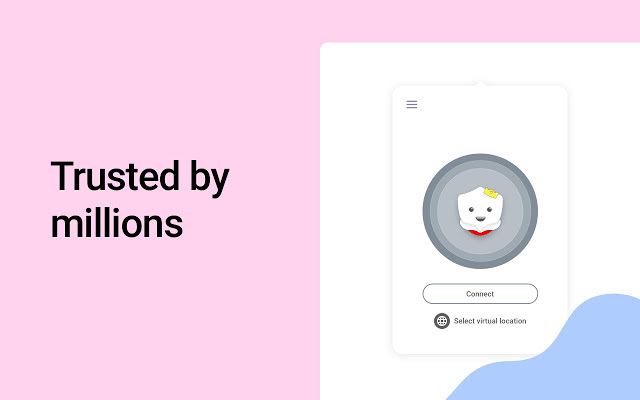


This would make the Internet faster for users and cheaper to operate for content distributors. In 2008, Vilenski and Shribman started investigating the idea of re-inventing HTTP by building a peer-to-peer overlay network that would employ peer-to-peer caching to accelerate content distribution and peer-to-peer routing to make the effective bandwidth to target sites much faster. In 2006, NDS (Cisco) acquired Jungo for $107 million. With the profits from the company, they started Jungo in 2000 to develop an operating system for home gateways. In 1998, Ofer Vilenski and Derry Shribman founded KRFTech, a software development tools company. Paying users can choose to redirect all requests to peers but are themselves never used as peers.

Users of the free service share a portion of their idle upload bandwidth to be used for serving cached data to other users. When a user accesses certain domains that are known to use geo-blocking, the Hola application redirects the request to go through the computers and Internet connections of other users in non-blocked areas, thereby circumventing the blocking. Hola is a freemium web and mobile application which provides a form of VPN service to its users through a peer-to-peer network.


 0 kommentar(er)
0 kommentar(er)
